Within hours of President Trump posting on the social network Truth Social about his decision to suspend reciprocal tariffs for 90 days and reduce tariffs to 10% for most trading partners, three major US stock indexes made history: Dow Jones soared 2,963 points, equivalent to 7.87%; S&P 500 rose 9.52% - the strongest increase since the 2008 financial crisis; and Nasdaq surged 12.16%, achieving the second-largest single-day increase in history after the increase of more than 14% in January 2001.
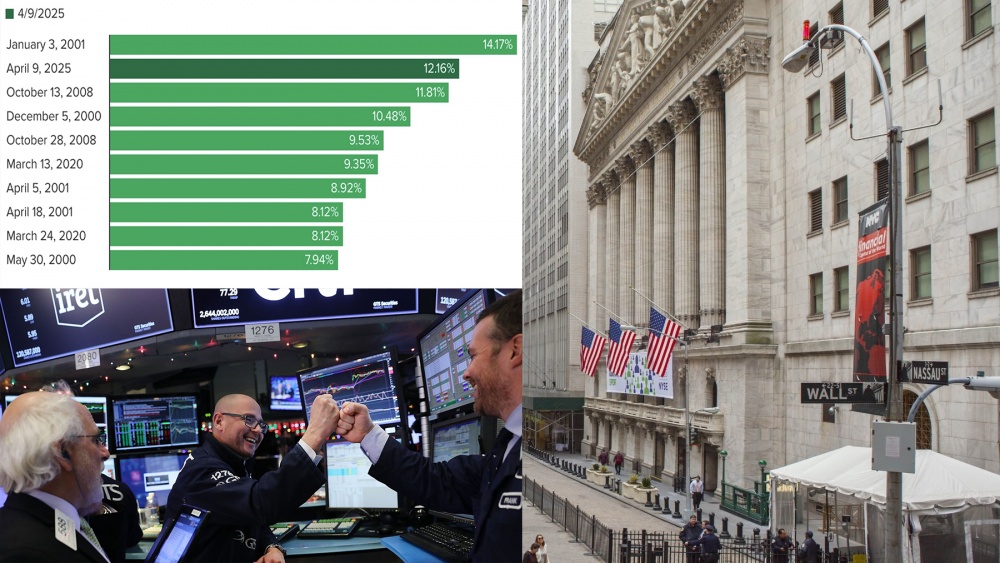 |
| Nasdaq Composite Index increased over 12% on April 9 |
The whole market reversed.
According to CNN, global financial markets have been in turmoil in recent days as Mr. Trump’s new tariff policy officially took effect with more than 180 countries and territories from April 5. However, less than 24 hours after the high tariffs were activated, the US President suddenly reversed his strategy, reassuring investors with a landmark message.
“Given the fact that over 75 countries have reached out to negotiate and not retaliate against the United States, I have authorized a 90-day suspension of tariffs and significantly reduced the reciprocal tariff to 10%, effective immediately,” Trump wrote on Truth Social.
In response to the news, the US stock market quickly “turned the tables”. Tech stocks led the recovery wave with many stocks increasing by double digits: Nvidia increased by 22%, Meta increased by nearly 15%, Amazon increased by 12%, Microsoft and Alphabet both increased by about 10%. Apple recorded an increase of more than 15% - the strongest increase since 1998 - thereby reclaiming the title of the world's most valuable company from Microsoft after a series of disastrous declines.
Semiconductor stocks, which were sold off sharply on concerns about tariffs affecting demand for electronics, also rebounded strongly. AMD rose 24%, Intel rose 19%, Broadcom and Apple suppliers such as Qorvo and Skyworks Solutions all rose more than 18%.
"Maximum negotiating leverage"
US Treasury Secretary Scott Bessent stressed that this was not a capricious change, but a “reward” for countries that did not retaliate against the US. According to him, President Trump is using tariffs as a tool to create “maximum negotiating leverage” on the global trade chessboard.
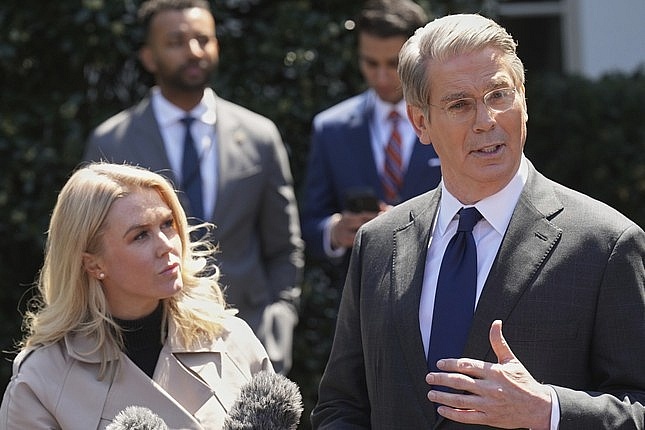 |
| US Treasury Secretary Scott Bessent speaks to reporters outside the West Wing of the White House, April 9. (Photo: AP) |
“This has been his strategy from the beginning. You could even say he has put China on the defensive, forced it to react and expose itself as a destabilizer,” Mr. Bessent said.
Previously, on April 2, Mr. Trump announced a 10% base tax on nearly all trading partners and increased reciprocal taxes from 10% to 49% on about 60 countries from April 9. This move immediately caused the global market to plummet. In the previous 4 sessions alone, the S&P 500 lost more than 12%, the Nasdaq fell more than 13%, and the Dow Jones “evaporated” more than 4,500 points. Trillions of dollars in capitalization were wiped out of the market, US bond yields soared, and the USD lost value compared to safe-haven currencies.
In that context, the decision to suspend tariffs is considered a "breath of fresh air" for investors.
“The tariff delay has taken a huge amount of pressure off the market. It’s been a powerful catalyst for this rally,” said Adam Crisafulli, founder of Vital Knowledge.
The warnings remain
However, many experts remain cautious. “The actual trade talks have not started yet,” said Dave Sekera, chief strategist at Morningstar. “Once they do, there will be a lot of complications, with both positive and negative implications.”
Observers are also concerned about the long-term impact of Trump’s “hot and cold” tax policy. The inconsistent strategy makes it difficult for businesses to plan investments, and partner countries are uncertain how to react. A Reuters/Ipsos survey found that 75% of Americans believe prices will rise in the near future, a sign that inflation fears are simmering.
Goldman Sachs cut its chances of a US recession in the next 12 months from 65% to 45% on April 9. However, the bank warned that if the remaining tariffs remain in place, total global tariffs could rise by 15%, threatening supply chains and input costs for businesses.
Although the April 9 rally was historic, analysts say the stock market still needs time to absorb policy changes from the Trump administration.
“Today’s reaction is a positive sign, but it’s too early to say the risk is truly over,” said Gina Bolvin, president of Bolvin Wealth Management Group.
In the context of the global economy not completely escaping recession pressure, policy decisions from the White House continue to be the biggest unknown for investors in the coming time.
Source: https://thoibaonganhang.vn/pho-wall-hoi-sinh-ngoan-muc-sau-quyet-dinh-hoan-thue-90-ngay-cua-ong-trump-162532.html







![[Photo] Prime Minister Pham Minh Chinh chairs a meeting on the implementation of the Lao Cai-Hanoi-Hai Phong railway project.](https://vphoto.vietnam.vn/thumb/1200x675/vietnam/resource/IMAGE/2025/5/20/0fa4c9864f63456ebc0eb504c09c7e26)




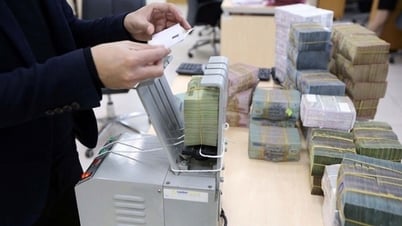

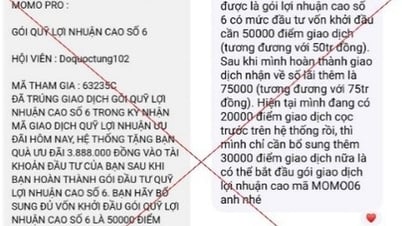

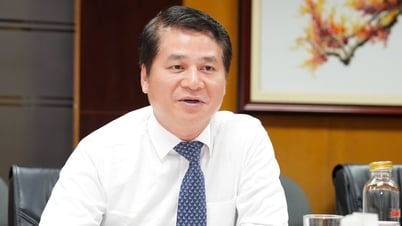







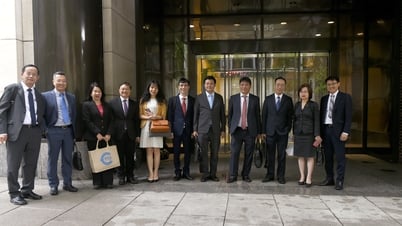
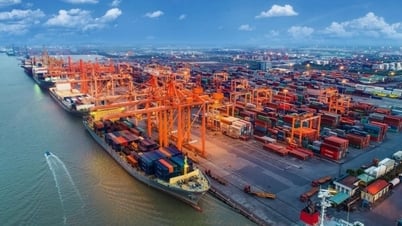

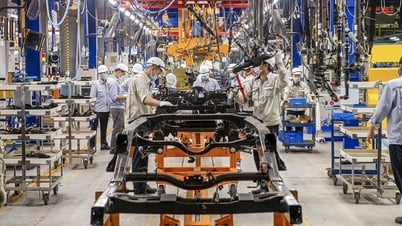





























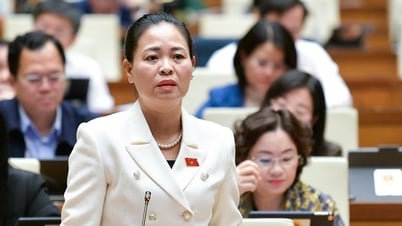



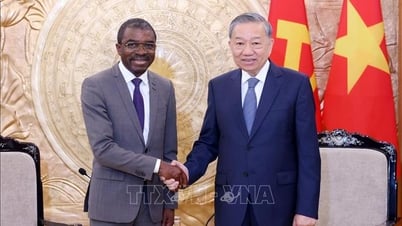

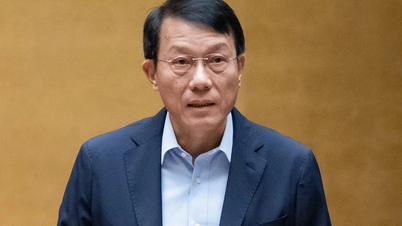





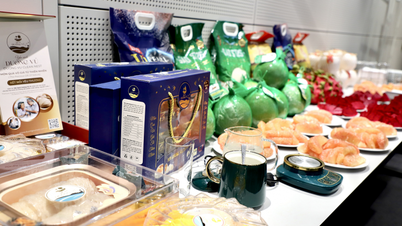



























Comment (0)